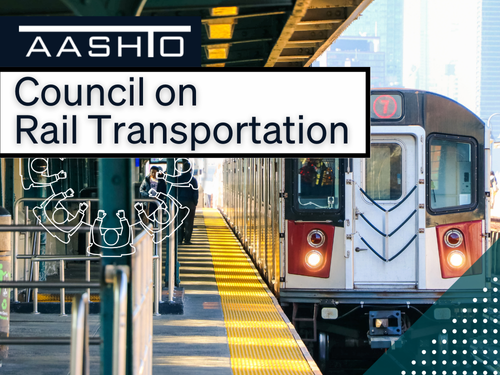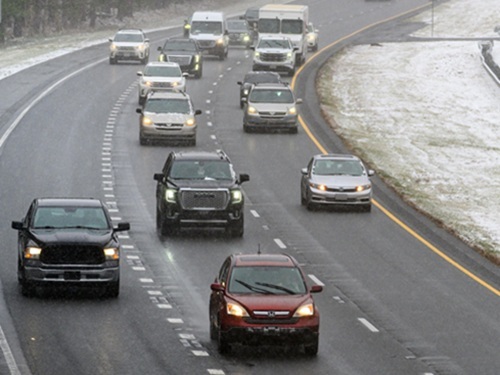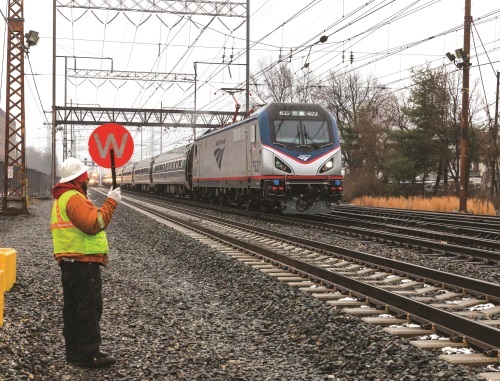The Federal Railroad Administration officially made $1.02 billion available to national passenger railroad operator Amtrak to support COVID-19 response activities as well as the pandemic’s impact on operations and business on April 10; funding provided via the recently-enacted $2 trillion Coronavirus Aid, Relief, and Economic Security or CARES Act.
[Above photo by Amtrak.]
Roughly $492 million will go towards the needs of Amtrak’s Northeast Corridor, with $526 million dedicated to National Network Grants, as authorized under the Fixing America’s Surface Transportation or FAST Act.

Additionally, at least $239 million of the CARES Act funds will go towards mitigating the fiscal fallout of the COVID-19 pandemic on America’s 28 state-supported intercity passenger rail routes, where state governments would otherwise be required to make up ticket revenue shortfalls. That money will be used in lieu of any increase in states’ payment, FRA said.
Amtrak said it has experienced an “unprecedented decline” in ridership of more than 90 percent in recent weeks as well as a decline in future ticket purchases for the coming months due the COVID-19 stay-at-home orders, and has pulled certain routes out of service.

FRA said in a statement that CARES Act funding will be used to offset the loss of ticket revenue, which is used to pay Amtrak’s employees, buy fuel for its operations and construction materials for its projects, and otherwise maintain Amtrak’s network of intercity passenger routes, including routes in rural areas that have seen total cancellation in service.
“This funding will help ensure that Amtrak is able to quickly return to service supporting both the public’s transportation mobility needs, and America’s economic recovery from the COVID-19 public health emergency,” noted Ronald Batory, FRA’s administrator.
“We are committed to transparency and are requiring enhanced reporting from Amtrak to show how the CARES Act funding is being efficiently and effectively used to respond to present challenges,” he added.
 Nation
Nation
Registration Open for AASHTO’s Winter Rail Meeting
December 19, 2025 Nation
Nation

